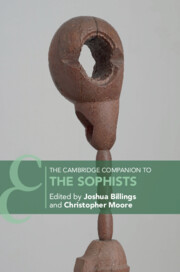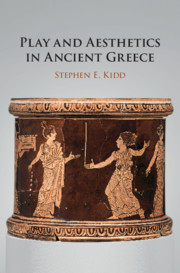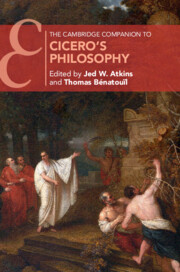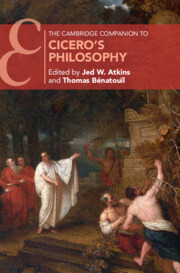The Cambridge Companion to the Sophists
The Classical Greek sophists – Protagoras, Gorgias, Prodicus, Hippias, and Antiphon, among others – are some of the most important figures in the flourishing of linguistic, historical, and philosophical reflection at the time of Socrates. They are also some of the most controversial: what makes the sophists distinctive, and what they contributed to fifth-century intellectual culture, has been hotly debated since the time of Plato. They have often been derided as reactionaries, relativists or cynically superficial thinkers, or as mere opportunists, making money from wealthy democrats eager for public repute. This volume takes a fresh perspective on the sophists – who really counted as one; how distinctive they were; and what kind of sense later thinkers made of them. In three sections, contributors address the sophists' predecessors and historical and professional context; their major intellectual themes, including language, ethics, society, and religion; and their reception from the fourth century BCE to modernity.
- Provides a fresh perspective on the sophistic period
- Introduces the full range of philosophical and cultural interests of the sophists
- Explores canonical texts rigorously but also accessibly to a wide range of non-specialist readers
Reviews & endorsements
‘[This Companion] is among those rare edited volumes where the whole is truly greater than the sum of its parts. Its contributions are uniformly excellent.’ Bryn Mawr Classical Review
Product details
October 2023Paperback
9781108796859
400 pages
228 × 152 × 28 mm
0.76kg
Available
Table of Contents
- Introduction: the problem of the sophists Joshua Billings and Christopher Moore
- Part I. Contexts:
- 1. Sophia before the sophists Kathryn A. Morgan
- 2. The sophists between aristocracy and democracy Mark Munn
- 3. The professional lives of the sophists Håkan Tell
- 4. The sophists in the fifth-century enlightenment Joshua Billings
- Part II. Thoughts:
- 5. Nature and norms Richard Bett
- 6. The turn to language Mauro Bonazzi
- 7. Problems of being Evan Rodriguez
- 8. Politics in theory and practice Chloe Balla
- 9. Interrogating the Gods Mirjam E. Kotwick
- 10. Skills of argument Mi-Kyoung Lee
- 11. Civic and anti-civic ethics David Conan Wolfsdorf
- Part III. Receptions:
- 12. The fourth-century creative reception of the sophists Christopher Moore
- 13. Writing the first sophistic Susan Prince
- 14. The sophists in the history of philosophy Christopher C. Raymond
- Appendix: the people of the sophistic period Christopher Moore.






